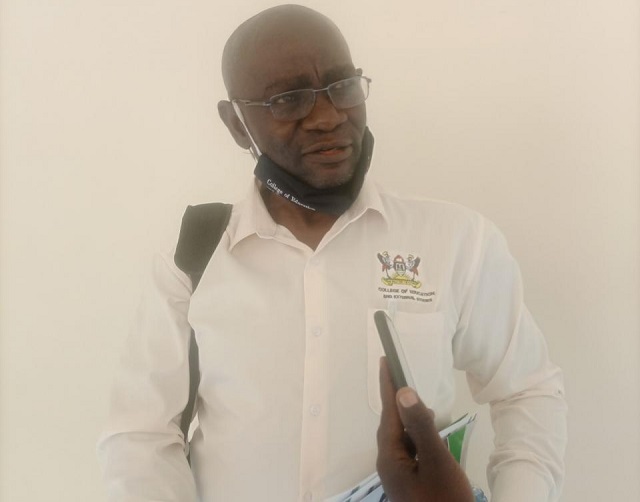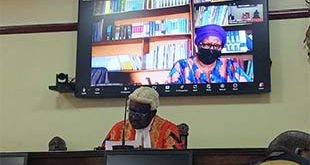
Kampala, Uganda | THE INDEPENDENT | Researchers at Makerere University have established flaws in early learning that they blame on continued lack of interest in science courses despite years of promotion of science by the government.
Dr Henry Busulwa, a researcher based at the College of Education says that more than 10-years after the thematic curriculum was introduced, many teachers have failed to incorporate science while teaching.
The curriculum which was introduced in lower primary school in 2007, requires that teachers use the pupils’ mother tongues as languages of instruction from Primary One to Primary Three while teaching. But researchers found that teachers are largely unaware of how to translate basic scientific concepts yet the same curriculum proposed that science is integrated into themes taught.
Busulwa says that teachers were instead skipping the bits on science since the curriculum gives them a leeway to determine how much science to integrate into other strands according to their own understanding of the local language. Only 4 percent of the teachers surveyed in Eastern and Central Uganda could integrate science into literacy.
Dr Busulwa was speaking during the open day organized by the Makerere University Research and Innovations Fund (MAK – RIF) where researchers shared findings of various studies that have been carried out recently. The study titled, Inter-disciplinary Enhancement of Science Education in the Uganda Primary Thematic Curriculum involved both teachers that trained in the thematic curriculum through retooling and through Primary Teachers Colleges.
He warns that this is affecting learners later on as only about 20 percent of them choose to offer science subjects through university.
He notes that the retooling of teachers done before the curriculum was introduced didn’t effectively empower them with skills to integrate scientific concepts and yet available learning resources are not translated into local languages despite the availability of elders in communities who could help with this.
The findings also show, more graduating teachers opt to teach in middle and upper primary where the medium of instruction is English due to lack of competencies in local language science terms.
Researchers now recommend that science be taught as a separate subject such that children can know early enough that they are learning science so they can focus as early as possible. 96 pe cent of the teachers surveyed were in support of this.
Officiating at the event, Education Minister Janet Museveni expressed concern over these findings and noted that there is no science that will be appreciated if it doesn’t make sense in the mother tongue.
She urged teachers to take initiative to learn how to translate their science in their respective subjects if science-related programmes such as student loans for science students and science-related scholarships can yield the science workforce the country requires now.
However, as part of this project, Makerere University has developed science study materials in Luganda and Lumasaba to act as models that teachers can use as a guide.
*****
URN
 The Independent Uganda: You get the Truth we Pay the Price
The Independent Uganda: You get the Truth we Pay the Price


